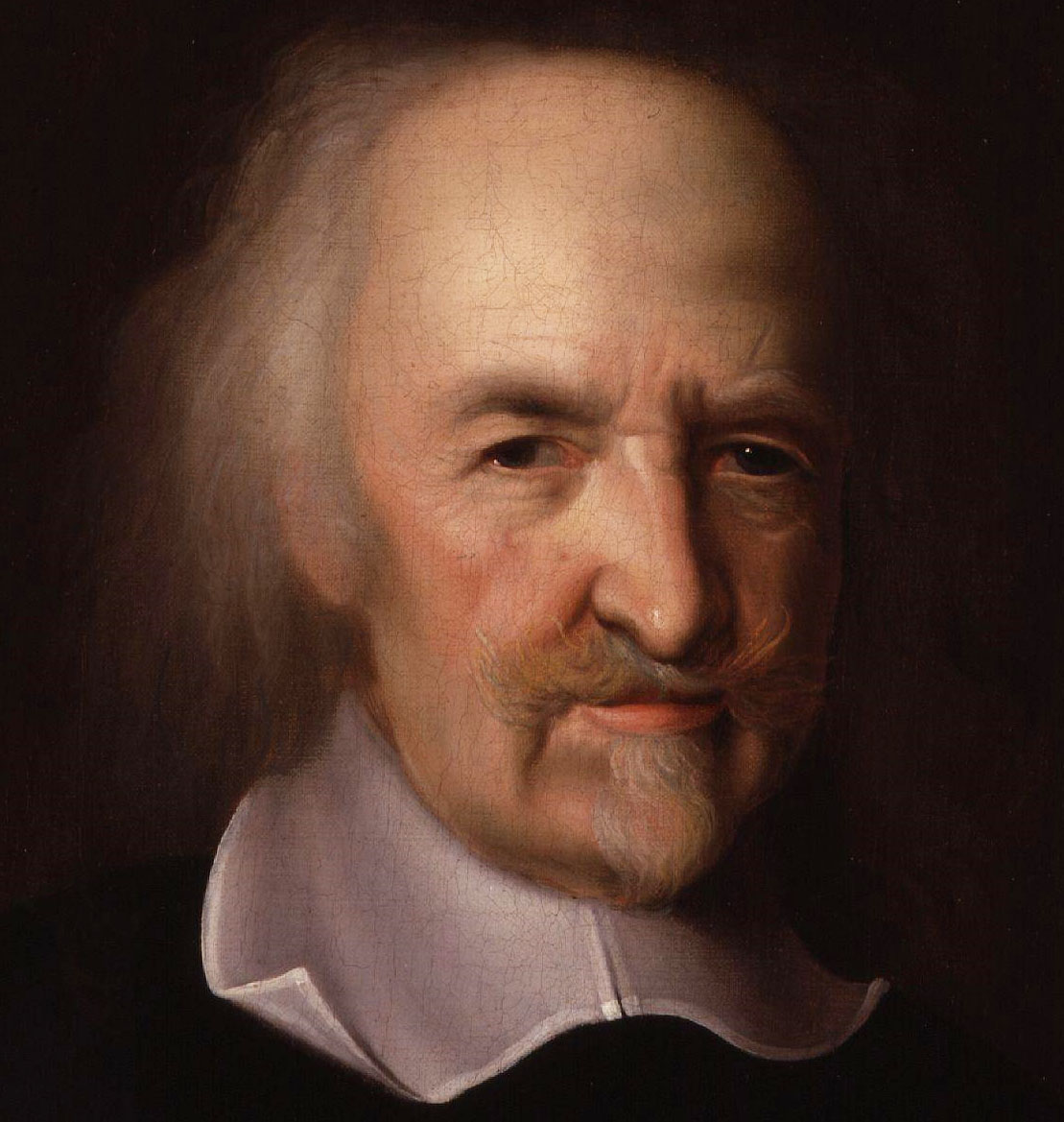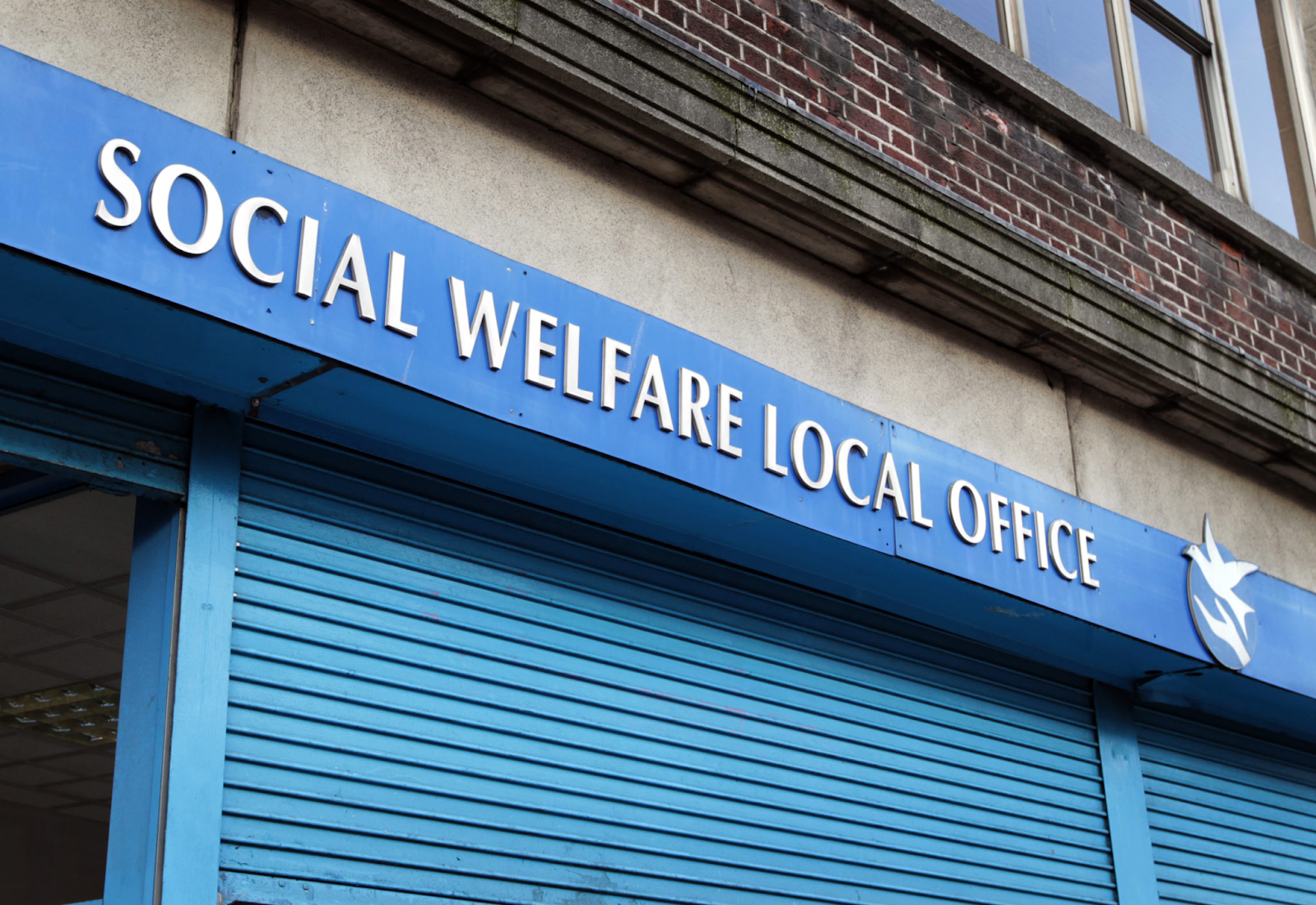Harlan Peters had grown up poor in a tarpaper shack across the long swamp that began along the coast and into the receding ridges of the Blue Ridge in North Carolina. Like most children – one of eight – he did not know he was poor. Cohorts are like that – enveloping communities that define from inside out. Everyone was poor in Barton Hollow, all barefoot, coal burning, and cold.
Poverty was on the mind of Jimmy Carter when he talked about Jesus and the nobility of the poor, and how it was harder for a rich man to get into heaven than a camel to go through the eye of a needle. The poor, Carter said, were anointed, chosen by Christ because of their simplicity, their lack of worldly temptations, and their profound faith in the Lord. Carter spent his life in the service of the poor, building houses, speaking compassionately and hopefully about a new age of equality, and working the land shoulder to shoulder with tenant farmers.
Lyndon Johnson saw poverty as an electoral promise – the more the poor made it out of the backwoods, the more votes would be cast in his favor. He was never a rearview president, looking back on the life that had preceded him, but a doer, and he shook down, intimidated, horse traded and wrangled with Congressional leaders to give him what he wanted – millions in cash for Texas.
Bill Clinton was a good ol’ boy at heart and hated to leave the General Store, fishing for bass on Lake Ochoa, and hunting squirrels and coons in the foothills of the Ozarks. He loved his people, never lost an opportunity to share tales on the porch of the general store, before and after church, and coming and going from the revival tent.
And so it was that Joe Biden was next in line to take up the
cudgel for the poor. He, of all his predecessors
would finally be the one to end poverty, to take the wealth of the rich and
share it with the poor. It was an
obligation, a duty, not simply a political exigency. While unlike his
Presidential forbears he had no direct experience with the poor, years of
progressive politics had given him the right direction – exploitation,
capitalist greed, and punitive, dismissive attitudes of the wealthy towards the
poor were the causes of poverty and must be eliminated.
All of them missed the point, for of course there was never any inherent nobility of the poor, nor any particular divine light. They were at best perfect examples of Hobbes’ aphorism about life in general – nasty, brutish, and short – consigned by poor breeding, circumstance, and inertia to the lowest rung, wondering what to do next. In The Land of Opportunity, they miss the bus.
Except for the likes of Harlan Peters – the quintessentially entrepreneurial man, the best of the poor, the meth-cooking, dirt track riding, butcher of Barton Holler. He addicted the poor; expanded meth, Fentanyl and heroin usage throughout the South, especially and ironically in the backyards of Johnson, Carter, and Clinton. In a short time he was a favorite of the Sinaloa and Obregon cartels, a big time offshore investor, and a canny fugitive from the law. He was a Superman, a Machiavellian, a coldly amoral player that saw profits around every corner. The poor, lacking divine inspiration, nobility, breeding, or common sense were easy marks.
His network of dealers, distributors, and managers started in the backcountry, cracker territory, white trash territory where the populace which was not yet hooked worked for him. They were the ones caught and sent to a federal pen, not him. His network was a complex mathematical maze. He was brilliant, made a fortune, and had houses in Palm Beach, Gstaad, and Rimini; and no roads led to him.
Harlan of course knew the nature of American opportunistic
capitalism as well as any Wall Street trader. While they were creating credit
swaps and bundling below-prime mortgages into worthless packages, he was making
the same deals in the Ozarks and peanut country Georgia. While investment bankers were fleecing the
rich, Harlan was fleecing the poor. Only
their instruments were different.
Government programs to help the poor are as misplaced as
those that try to put a lid on Wall Street greed. The poor take the welfare, the aid to
dependent children, the food stamps, and the family subsidies and buy Harlan’s
products. They could work three jobs,
triple their pittance, and still live in trailers and buy Blue Magic. Live and let live, said Harlan, for there’s
money to be made, lots of it.
‘You climb your mountains of wealth on the backs of the
poor’, shouted one Congressman who wanted a complete reconfiguration of the tax
structure so that monies collected from the rich would be siphoned directly to
the poor, a scheme that once and for all would end poverty and tame the
insensate greed of the wealthy at the same time.
Harlan liked this idea enormously. Such siphoned funds would eventually go into his pocket as timorous, sensitive politicians refrained from putting checks and controls on the flow of public monies. The poor have the right to spend as they see fit, for they are no less apt, able, and intelligent than those who summer on the Vineyard, or so they say. Absolutely false, knew Harlan. These hillbillies would rather spend their government check on his meth, his crack, and his Fentanyl than on anything else.
America might be a divided country, but that was a good thing for the likes of Harlan. A sucker was born every minute up and down the phylogenetic scale. It was just that those who had little to lose – his clients – were the bigger suckers; and why Harlan never once envied those credit swap swindlers on Wall Street. The big money was to be made here in rube land, the backwoods.
‘Nobility of the poor?’ Harlan laughed. America is based on many fictions and this
was one of the tallest tales. The poor
had always served the rich and always would.
Louis XIV, the great Sun King didn’t build the palace of Versailles
through political contributions of his courtiers. Persepolis, Alexandria, the
great palaces of Chinese emperors, Guptas, and Mauryas were all built on the
backs of the peasantry. If there is one
truth in human history it is that wealth will be made, enabled by the poor.
There are no tears to be shed, no regrets or reformist zeal
necessary. Bernie Madoff and Harlan
Peters ‘R’ Us.









No comments:
Post a Comment
Note: Only a member of this blog may post a comment.